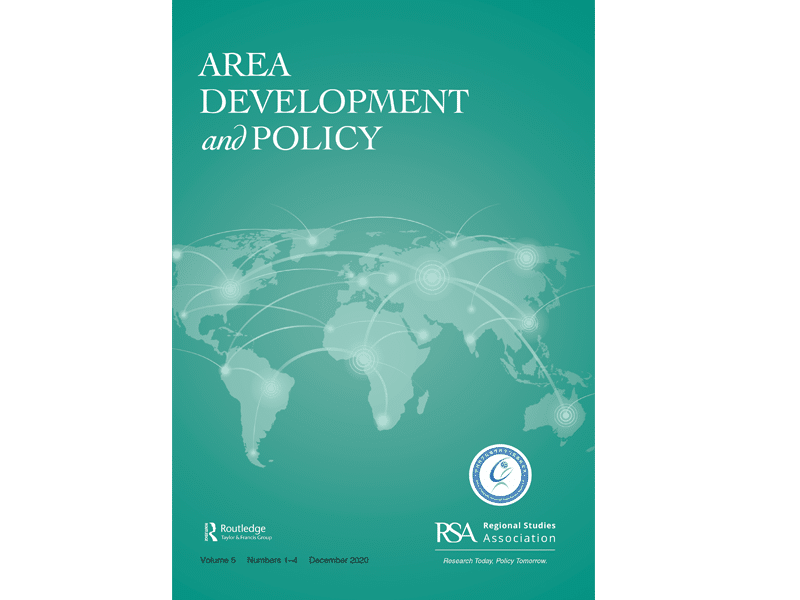Call for papers - Learning from the Global South: Mobility, environmental, and health opportunities and challenges to urban bicycling”
As the global population continues to urbanize it is essential to understand the role of sustainable mobility options in decreasing environmental impacts and increasing personal and population health. Bicycles can mitigate the emissions associated with urban population growth, which can be particularly important for the late urbanizing areas of the world like Africa, Asia and Latin America. This call for papers aims to enhance our knowledge of urban bicycling, the ways to encourage and support it, its consequences, and the challenges and opportunities that arise in the Global South.
The landscape of urban bicycling in the Global South is diverse. In some cities, a significant percentage of travelers use bicycles for daily travel, while in others only a brave few do so. For example, in Delhi (India), although decreasing over time, bicycles continue to account for 30-40% of all trips (Tiwari, Jain, & Rao, 2016). In other cities such as Quito (Ecuador) and La Paz/El Alto (Bolivia) less than 1% of the population uses a bicycle (Encuesta CAF). In many cases, income is a dominant determinant of bicycle demand, whereas in others lifestyle factors are becoming increasingly relevant. Differences in bicycle use by gender, age, and purpose are also considerable across cities.
Some cities have institutionalized policies to support bicycling by prioritizing investments and actions in infrastructure, policy, programming, and promotions. Cities like Rosario (Argentina) and Bogotá (Colombia) have built significant bicycle networks over the past two decades and bicycle use is increasing (Ríos et al. 2015), whereas others like Cape Town (Africa) have expanded infrastructure but changes in bicycle demand have been limited (Jennigs, Petzer and Goldman, 2017). For other cities, bicycling remains a peripheral and unimportant travel mode in transportation planning and policy circles. At the same time, and relative to many cities in the Global North, cities in the Global South are relatively more compact, have a high mixture of land uses, have high income and gender inequalities, differing institutional capacities, can have high levels of air pollution, and are laden with vehicular congestion. Furthermore, data are unreliable, conflate electric scooters and pedestrians with bicycles, or are simply non-existent. Given this variegated and changing physical and social landscape, it is timely to examine how bicycling and the policies and approaches used to encourage it are contributing to the sustainability of cities in the Global South.
More information available here
Daniel A. Rodriguez and Olga Lucia Sarmiento
Guest Editors

